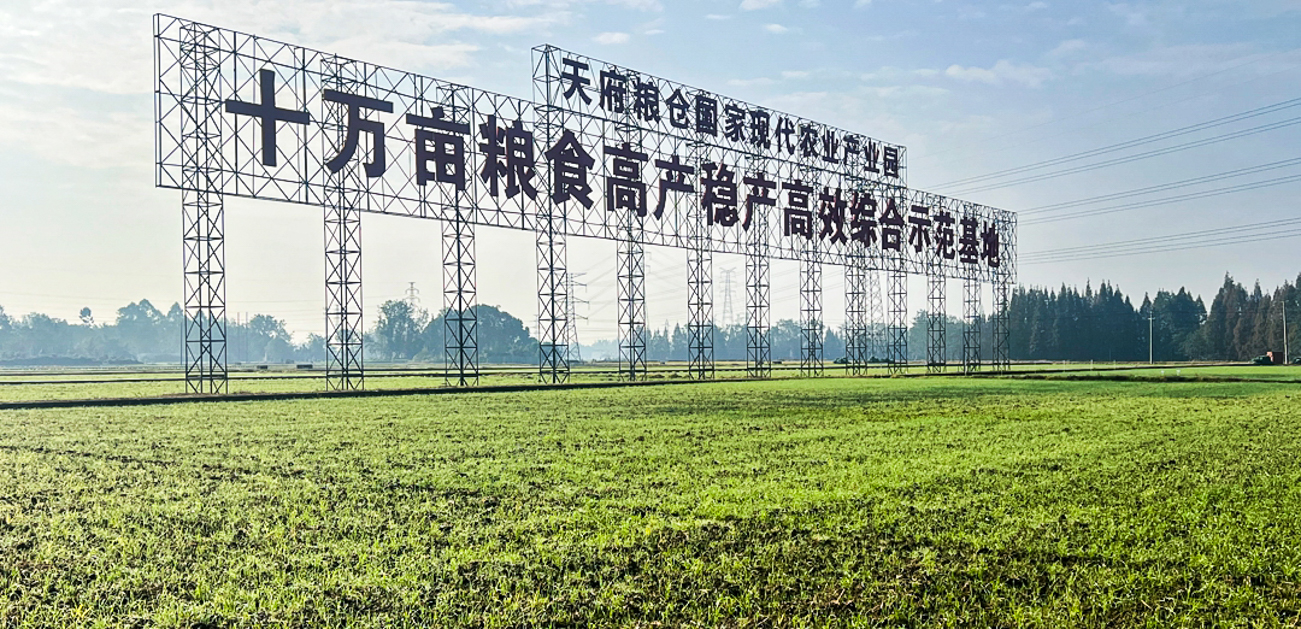monitoring
recent commentary
-
Ren Zepingmacroeconomist and Vice President of the China Private Economy Research Association, Chief Economist at Zhongyuan Bank YuWa Population Research
-
Tu XinquanUIBE (University of International Business and Economics) WTO Research Institute director
analysis
month in focus
monthly roundup of major developments
keep in touch with current thinking
sign up for our complimentary monthly roundup



